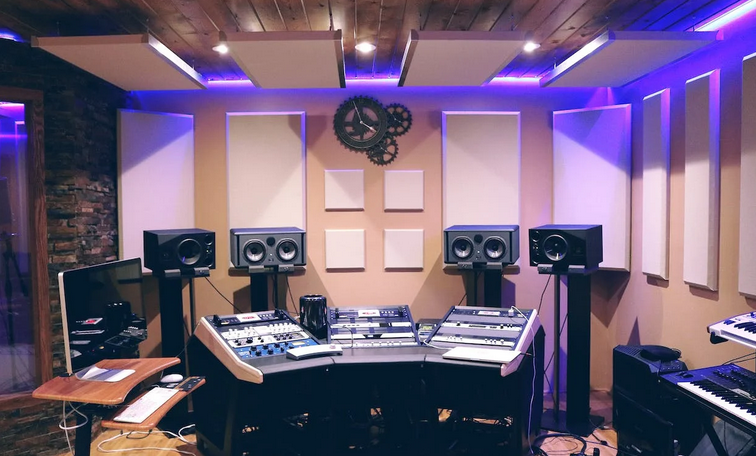Get Your Music Sounding Professional: A Comprehensive Guide for the Aspiring Musician
Have you ever listened to a well-produced song and wondered how the artist managed to create such a polished and professional sound? If you’re an aspiring musician, it’s natural to want your music to have that same level of quality and finesse. But fear not. In this blog post, we’ll guide you through the process of getting your music-sounding professional with practical tips and tools from Unison to help you achieve that studio-quality sound.
1. Start with Quality Recordings

The foundation of professional-sounding music lies in high-quality recordings. To ensure your recordings sound their best, consider the following:
- Invest in a good microphone: A quality microphone can make a significant difference in the clarity and depth of your recordings.
- Choose the right recording environment: Minimize background noise and echo by recording in a quiet, acoustically treated space.
- Experiment with microphone placement: The position and distance of your microphone can drastically affect the sound you capture. Experiment with different placements to find the sweet spot for your instrument or voice.
2. Master the Art of Mixing
Mixing is the process of blending all the individual tracks in your recording to create a balanced and cohesive sound. Here are some essential mixing tips:
- Use EQ to create separation: Equalization (EQ) helps you balance the frequencies in your mix, ensuring that each instrument has its own space in the sonic spectrum.
- Apply compression wisely: Compression can help control the dynamic range of your tracks, making them sound more polished and consistent. However, over-compression can result in a lifeless mix, so use it judiciously.
- Pan for a wider soundstage: Panning instruments left or right in the stereo field can create a sense of space and depth in your mix.
3. Polish Your Tracks With Mastering
Mastering is the final step in the music production process, giving your tracks that professional sheen and ensuring they sound great on all playback systems. Some key mastering tips include:
- Use a reference track: Compare your mix to a professionally mastered track in the same genre to help you achieve a similar sonic balance.
- Apply subtle EQ adjustments: Make small EQ adjustments to correct any imbalances in the overall frequency spectrum of your mix.
- Manage dynamics with a limiter: A limiter can help maximize the loudness of your track while preventing distortion.
4. Learn From the Pros and Keep Practicing
 To truly master the art of professional-sounding music, learn from those who have already achieved success in the field. Watch tutorials, attend workshops, and study the work of your favorite artists. Most importantly, keep practicing and refining your skills.
To truly master the art of professional-sounding music, learn from those who have already achieved success in the field. Watch tutorials, attend workshops, and study the work of your favorite artists. Most importantly, keep practicing and refining your skills.
Achieving a professional sound in your music may seem daunting, but it’s well within your reach with the right approach, tools, and dedication. Remember, the key to success lies in quality recordings, effective mixing and mastering, and continuous learning. So, go forth and create the music you’ve always dreamed of – and let your sound shine.…


